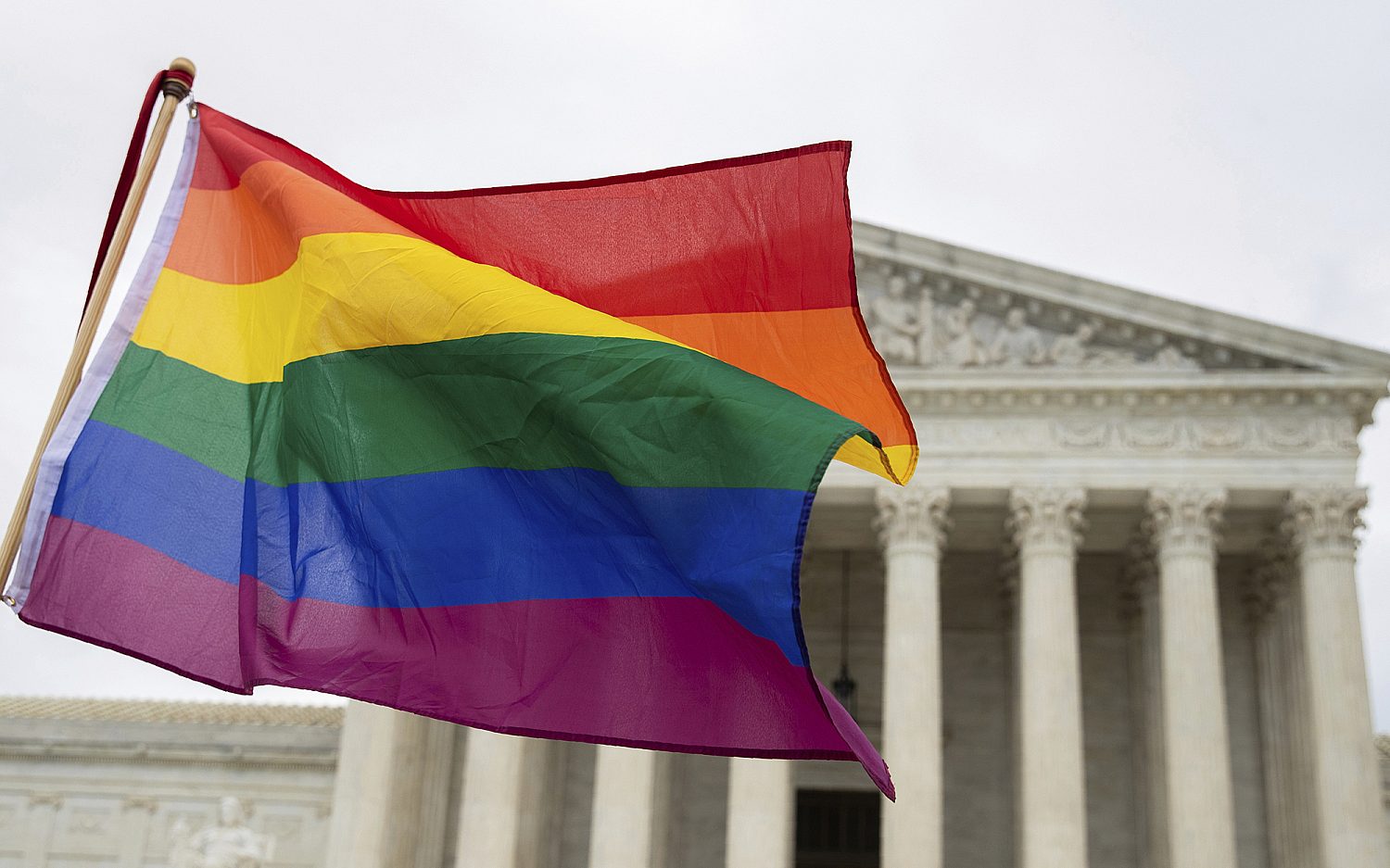Lawmakers agree to lower student loan interest rates again
Congress reached an agreement Wednesday to lower federally subsidized student loan interest rates, at least temporarily. A bipartisan group of senators met Tuesday night with President Barack Obama to discuss options. The next morning the lawmakers announced an agreement they plan to vote on in the next few days.
The deal establishes new rates for the federally subsidized Stafford loans. Undergraduates would pay 3.85 percent interest, about half a percentage higher than last year’s rates. Graduate students and parents would see a decrease in interest rates, borrowing at 5.4 and 6.4 percent respectively.
In 2007, Congress passed a temporary deal to lower federal student loan interest rates. They agreed to gradually lower the undergraduate interest rates from 6.8 percent to 3.4 percent for a set time, after which the rates would return to their original levels. That temporary deal ended last summer, but lawmakers extended it for one year, ending July 1. But after howls of protest from student aid and higher education advocates, lawmakers agreed to try to reach another deal to keep the rates artificially low.
Debates centered around the idea of tying student loans to market interest rates. The deal forged earlier this week goes half way—the rates will fluctuate with financial market interest rates, but will be capped. Undergraduate rates cannot go higher than 8.25 percent, graduate rates cannot pass 9.5 percent, and parents’ rates will stop at 10.5 percent.
If the deal passes, the government will retroactively lower the interest rates for students who have already taken their Stafford loans for the summer.
In the minds of some congressmen, this could be a short lived solution. Lawmakers plan to rewrite the Higher Education Act in the fall, addressing many college finance issues, including federal student loans. Sen. Tom Harkin, D-Iowa, chairman of the Senate Health, Education, Labor, and Pension Committee, said he could “scrap the whole bill when he takes up the Higher Education Act” this fall.
Advocates of federally subsidized student loans say they are necessary as college prices continue to rise. Some financial experts contend that federal loans for students don’t give the advantage that lawmakers hope, but actually contribute to rising college costs. According to The Wall Street Journal “Colleges have responded to the availability of easy federal money by doing what subsidized industries generally do: Raising prices to capture the subsidy.”
The Associated Press contributed to this report.
An actual newsletter worth subscribing to instead of just a collection of links. —Adam
Sign up to receive The Sift email newsletter each weekday morning for the latest headlines from WORLD’s breaking news team.




Please wait while we load the latest comments...
Comments
Please register, subscribe, or log in to comment on this article.